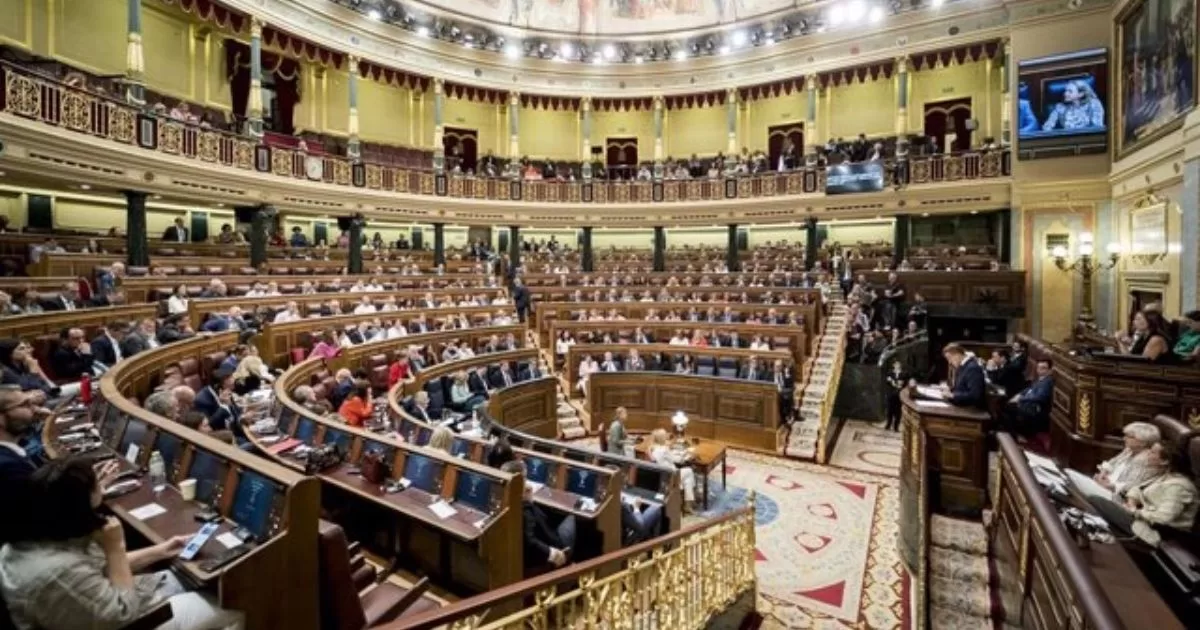Friday, January 20, 2023 | 11:45 a.m.
Members of different organizations that demand the recognition of animals as sentient beings, demanded that a reserve in Tucumán be closed, warning about the poor state in which the beings that live there are and that they be transferred to sanctuaries where they can be better and healthier.
What are the most affected animals?
The material that went viral on social networks shows three brown bears in concrete enclosures, where there are small pools with cloudy water and no vegetation, leaving them exposed to the sun and to the high temperatures of Tucumán, which can exceed 37°C. and even reach 40° during the summer. Images of Bengal tigers in other cages and other exotic animals were also disseminated.
🔴 Tucumán: they demand that the San Pedro de Colalao Zoo be closed
More information: https://t.co/iO6Fqpr9IS pic.twitter.com/KeBK1onBUb
– Filo.news (@filonewsOK) January 18, 2023
The claim arises after images of visitors to the Dr. Carlos Pellegrini Phytozoological Provincial Reserve, in the Tucuman commune of San Pedro de Colalao, went viral. However, after the virtual statements, inspectors from the Tucuman government visited the place and affirmed that the animals are “in good general condition.”
“Whether they are called zoos or reserves, it does not take away the fact that they are prisoners, prisons where they are deprived of liberty for the crime of belonging to another species, a species that is considered socially entertaining and that human beings enslave for profit to its fun,” said Raúl Arévalo, an anti-species activist from El Cuvo, who added that “these spaces clearly should not exist, with or without slave welfare.”
In the images, which went viral in a short time and generated the indignation of thousands of users, three brown bears can be seen in concrete enclosures, where there are small pools with cloudy water and no vegetation where they can take refuge, taking into account the Temperature in Tucumán usually exceeds 37° and sometimes reaches 40° during the summer. In addition, images of Bengal tigers in other cages, as well as other animals, were disseminated.
They order an inspection of the state of the reserve
According to national sources, following the complaint, the governor of the province, Osvaldo Jaldo, ordered an inspection to be carried out in the reserve, to examine the state of the animals.
The delegation was made up of the Secretary for Coordination and Management Control of the Ministry of Productive Development, Eduardo Castro; the community delegate of San Pedro, Walter Mananí; Flavia González from Fundación Matías, among others.
“As a veterinarian and knowledgeable about the general condition of the animals, the assessment of the specimens is satisfactory,” Castro said, and also noted that “the cleanliness of the reserve is good. When one arrives at a place and there is an odor, it is because cleanliness does not exist, here no odors were felt, despite the fact that the day is a bit hot”.
“Animal fur is good. At this time of the year, as the bears are from another continent, they change their hair according to the custom of the animals here. His general condition is good. It denotes that the nutrition is good”, specified the veterinarian.
The problem of captive-bred animals
“These animals can no longer be reintroduced to their natural environment because they have been bred in captivity, but they can be transferred to sanctuaries appropriate to their species where they can be given minimum decent living conditions,” he said.
Arevalo, however, warned that “there is no well-being being deprived of liberty, no animal locked up, overcrowded, without clean water or shade, can be considered in good condition, less for species that should be in a completely different ecosystem.”
By last, Lydia Peralta A woman who went with her daughter to visit the place, after being consulted by a local media, opined: “It seems to me that it is not the place to have these kinds of animals, because they do not live in good conditions.”

